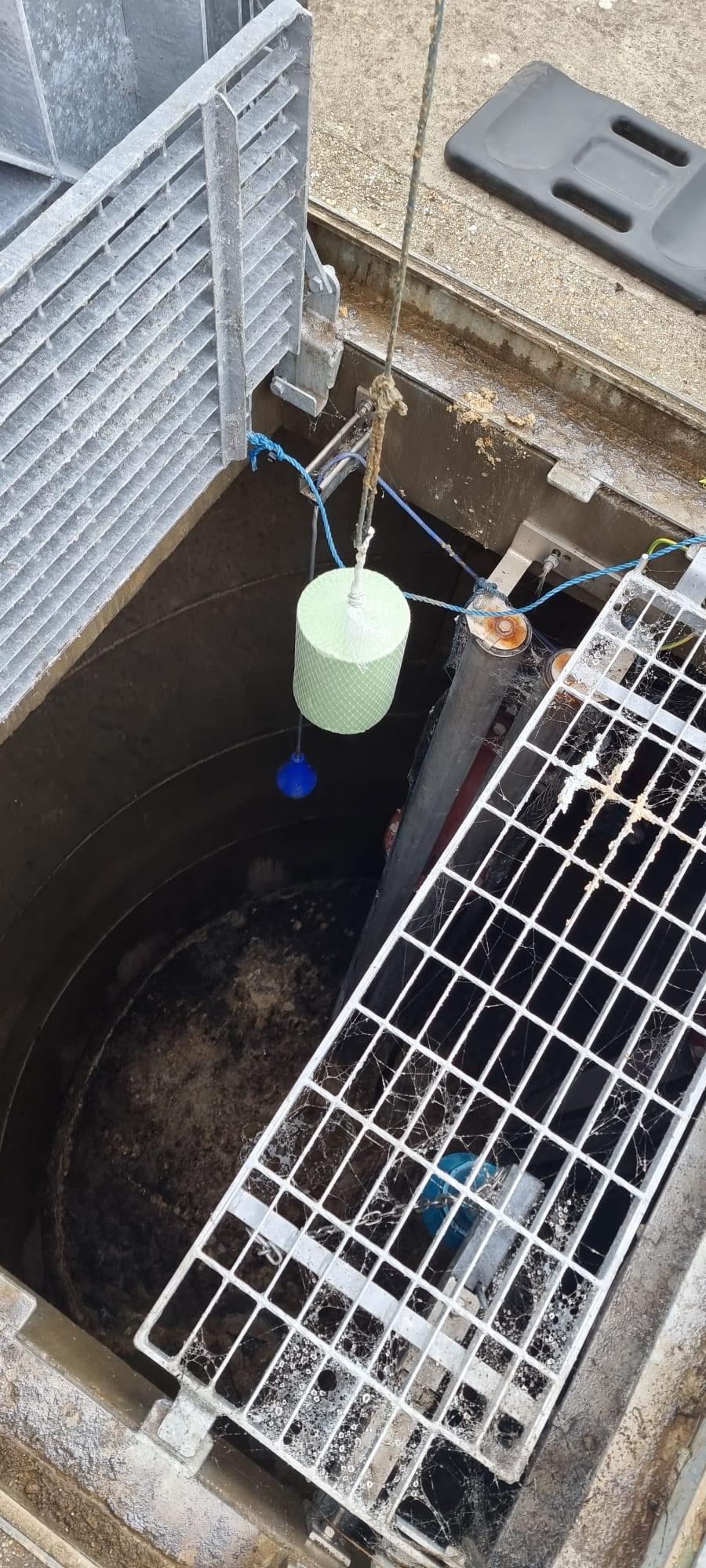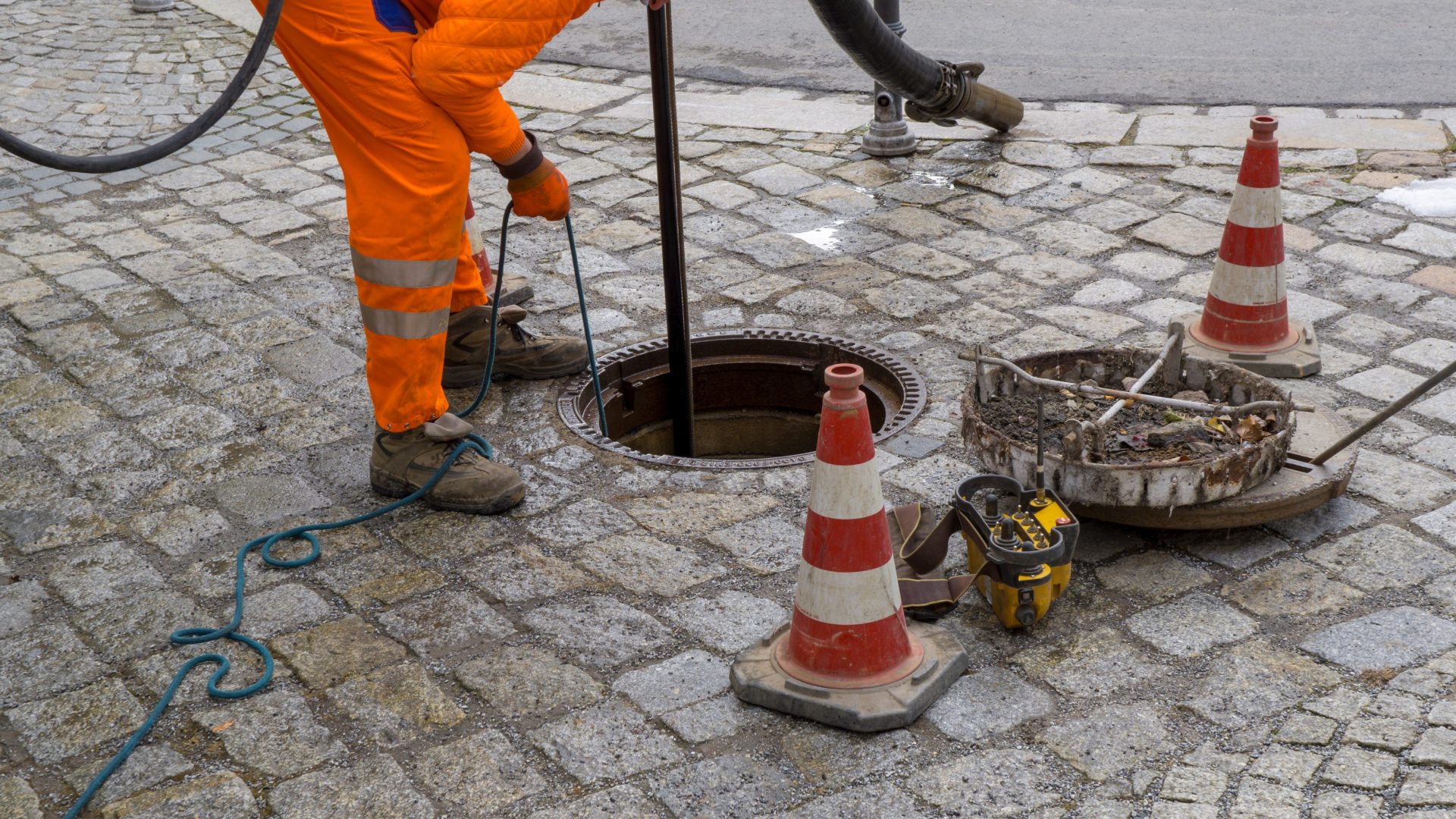
Yorkshire Water has partnered with Cobra Hydro to use innovative technology to help tackle the problem of sewer blockages caused by fats, oils and greases from the York’s food services establishments.
Fats, oils and greases incorrectly disposed of into the sewer can congeal in the network and block sections of the pipework. These can lead to sewage not flowing freely and backing up in the network before escaping and causing pollution in the local environment or watercourses.
Yorkshire Water’s network protection, customer field services and innovation teams are now working with Cobra Hydro to use its ‘Bio Pop’ dosing blocks to combat the amount of fats entering the sewers. The environmentally safe solution slowly dissolves in the sewer, releasing microbes and enzymes that help to break down fats.
Lauren Gillespie, network protection team leader at Yorkshire Water, said: “Our teams have worked hard, alongside food businesses in York, to improve grease management implementation. However, the concentration of these businesses, a growing population and an ever-changing high street, has led to significant persistent challenges with fats, oils and greases within the sewer network.
“By partnering with Cobra Hydro and using this innovative and eco-friendly technology we can combat fats to protect the sewer network and reduce the potential for fat blockages to cause pollution of York’s watercourses in a safe way.”
The first dosing blocks were installed in York’s sewer network in September. Over the course of the next 12 months, they will be closely monitored, and should the project prove successful, it may be expanded and replicated in other towns and cities across the region.
Clint Jackson, business development director at Cobra Hydro UK, said: “We are looking forward to work in conjunction with Yorkshire Water to combat the fats, oils and grease problems, faced by York. We are confident that with the use of a regular dosing programme, using the MicroCat BioPOP enzyme blocks, the reduction of fats, oils and grease, within the network, should become apparent.”



